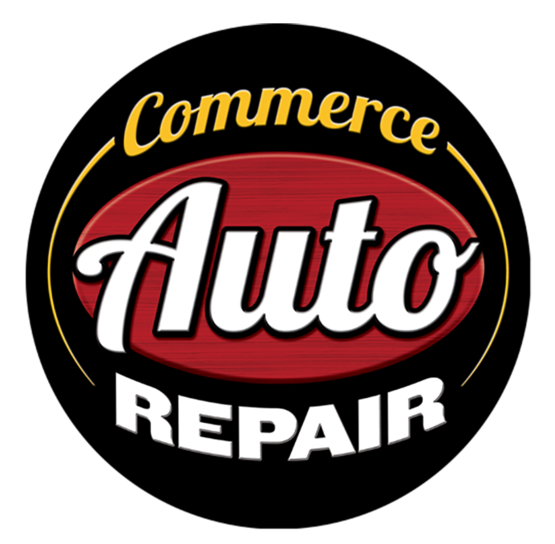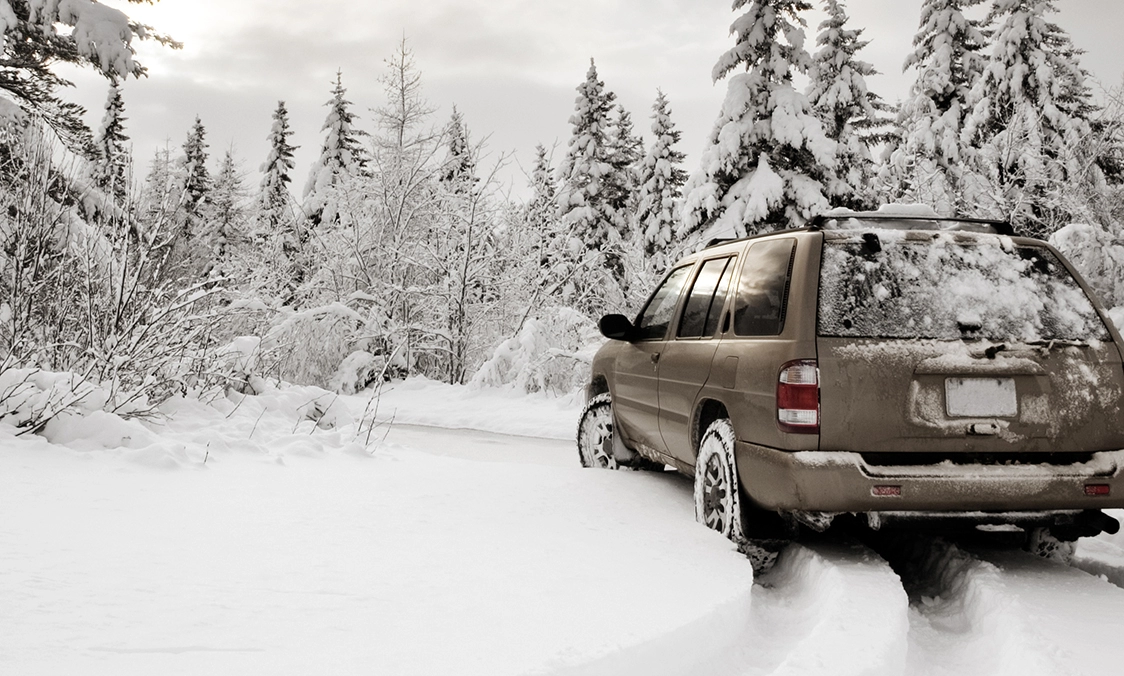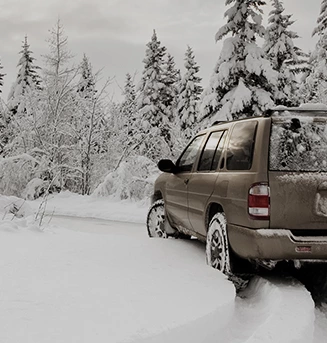PCV Valve Replacement
June 12, 2020
Hello Commerce, let's talk about your often-unnoticed but extremely important PCV valve. The energy from exploding fuel is what powers your engine. But some of the vapors from the explosions escape into the lower part of the engine, called the crankcase. The crankcase is where your engine oil hangs out. These gases are about 70% unburned fuel. If the gases were allowed to stay in the crankcase, they would quickly contaminate the oil and turn it to sludge. Commerce folks know that sludge is one of the biggest enemies of your engine, clogging it up and eventually leading to expensive failures. Also, the pressure buildup would cause seals and gaskets to blow out. Therefore, these gases need to be vented out.
Pre-1963, gasoline engines had a hose that let the fumes vent out into the air. In 1963, the federal government required gas engines to have a special one-way valve installed to help reduce dangerous emissions. (Can you imagine how polluted our Michigan air would be if every car had been releasing those poisonous fumes for the last 50 years?) Diesel engines are not required to have these valves.
The positive crankcase ventilation (PCV) valve routes crankcase gases through a hose and back into the air intake system where they are re-burned in the engine. Fresh, clean air is brought into the crankcase through a breather tube. It's really a pretty simple system, but it does the job. The re-circulating air removes moisture and combustion waste from the crankcase, preventing sludge. This extends not only the life of your oil but the engine as well. The PCV relieves pressure in the crankcase, preventing oil leaks.
Eventually, the PCV valve can get gummed up. Then it can't move enough air through the engine to keep it working properly for Commerce vehicles. If the PCV valve is sticking enough, you could have oil leaks, excess oil consumption and a fouled intake system. If you experience hesitation, surging or an oil leak, it may be a sign of PCV valve problems. Your vehicle's owner's manual may give a recommendation for when the PCV valve should be replaced - usually between 20,000 mi/32,000 km and 50,000 mi/80,000 km. Unfortunately, some don't list a recommendation in the manual, so it can be easy to overlook.
Many PCV system problems can be diagnosed by our technicians at Commerce Auto Repair . Fortunately, PCV valve replacement is both quick and inexpensive at Commerce Auto Repair. Proper oil changes will greatly extend the life of the PCV valve. Skipping a few recommended oil changes can allow varnish and gum to build up in the valve, reducing its efficiency. So now when your Commerce service technician tells you its time to replace your PCV valve, you will know what he's talking about. If you have had your car for a while and this is the first you've ever heard of a PCV valve, ask your technician to check yours out or call Commerce Auto Repair at 248.363.3749.
Commerce Auto Repair
9575 Commerce Rd.
Commerce, Michigan 48382
248.363.3749
Need Service?
More articles from Commerce Auto Repair

Power Steering Pump Replacement
January 25, 2026
When youre driving and you hear a squeal or groan when you turn, it may be a sign your power steering pump is on its last legs. The same is true if you feel your steering is slipping or doesnt respond to your hands like it used to. Precise, responsive steering is, of course, important when it ... More

10 Things That Are Lowering Your Fuel Economy
January 18, 2026
Regardless of whatever current gas prices may be, if you could use less gas, wouldnt you? Well, here are 10 things that are robbing you of better fuel economy that you can change for the better: Not enough air in your tires. Underinflated tires have a smaller rolling diameter and more res... More

Don?t Meddle with the Pedal (Brake Caliper Replacement)
January 11, 2026
If you drive a newer vehicle, chances are it has disc brakes, and one of the components of that type of brake is called a brake caliper. The caliper allows the pressure from your foot on the brake pedal to eventually move brake pads against discs in your wheels, which then slow and stop your veh... More









